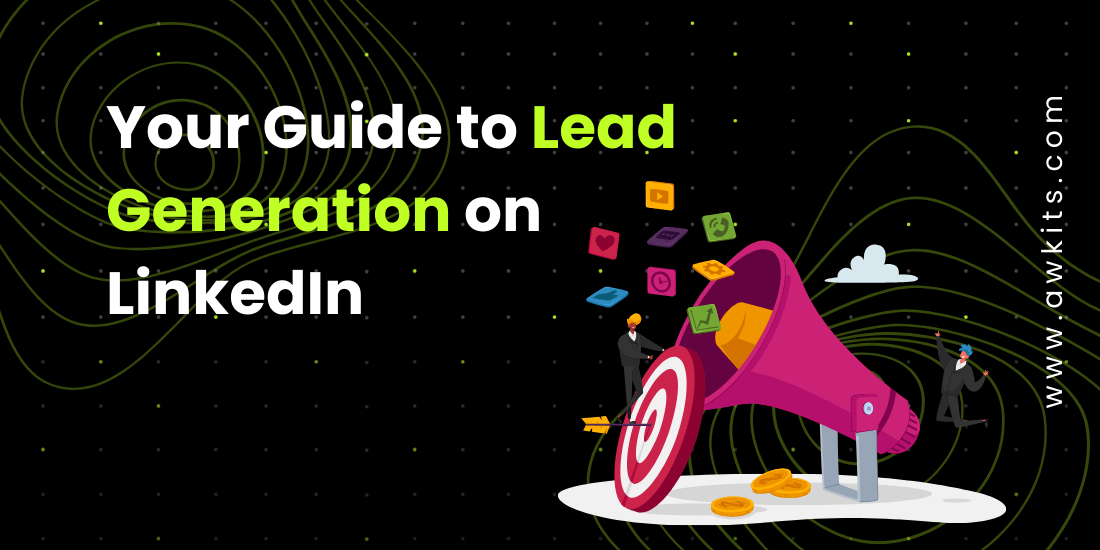Why Lead Generation on LinkedIn?
According to a State of B2B Marketing Report says, 89% of B2B marketers use LinkedIn for lead generation, and 62% say it generates leads, over two times more than the next-highest social channel.
At a time when connecting with the right audience and reporting accurately on results are top marketing priorities, LinkedIn helps you do both, with robust professional targeting filters and in-depth analytics.
The Buyer’s Journey is Changing
Today, the B2B buyer process is growing far more complex. On average, it is longer and more self-guided, with a rising number of stakeholders involved. And it’s not just different individuals within an account that influence purchase decisions, it’s different departments. Our research shows that anywhere from 3.1 to 4.6 groups – such as IT, finance, and HR – can hold sway.
In this environment, cultivating trust and taking a long-term view with relationship-building are smart plans.
Your B2B Partner of Choice
Because B2B purchase decisions are complex and often weighty, stakeholders look to experts to gain confidence. Data shows that the typical buyer consumes 7 to 10 pieces of content before making their choice, LinkedIn is home to more than 575 million professionals, including 2.8 million decision-makers and 260,000 C-suite executives. Around the globe and across industries, professionals are participating in the conversation by sharing meaningful and insightful content with this community.
Reasons Buyers Give for Vendor Relationships Getting Stronger
Trust 52%
Personal relations 45%
Responsiveness 45%
Quality Improvements 43%
Value for the Money 38%
Chart Source
With trust playing an ever-more important role in shaping brand perception and consumer confidence, marketers today are uniquely positioned to build meaningful relationships with customers. 75% of would-be buyers say thought leadership helps them determine which vendor to put on their shortlist. And then in terms of where to share your content, 70% say LinkedIn is one of the most trusted sources of information.

